Ok Om Bok features a folk religion originating from Buddhism. The festival opens with Ngo boat racing (Um Tuk Ngua in Khmer), one of the most attractive activities of the Khmer. The race has attracted hundreds of thousands of Khmer people in the region and tourists from all over the country. At noon on the 14th, on the Long Binh River, an exciting Ngo Boat Race took place in the resonance of the Five Sounds of the national music and the resounding cheers of thousands of spectators. Racing teams from different towns and districts in Tra Vinh province and other provinces and cities bring a fun and exciting atmosphere to the festival.
Ngo boat racing is both a game and a way to show the strength of unity, both a traditional ceremony to send the God of Water back to the world after the proliferating season, and a religious ceremony of the Khmer people to remember God. Nagar snake, who once turned into a wooden block to help Buddha cross the river. It is honored as a relic, used only in essential festivals such as Ok Om Bok and carefully preserved in local temples. The boat is about 24 meters long, 1.2 meters wide and can accommodate about 40 people. Sitting in rows on both sides, young Khmer men and women walk gently in harmony with the sound of gongs and waves. When the first boat crossed the finish line, the crowd on both sides of the river cheered and cheered enthusiastically for the victory. Hundreds of people enthusiastically support their favorite team and enjoy the race. Attending the festival, visitors will see the jubilant boat racing and competition of the Khmer people in the South.
During the full moon night, Khmer family members gather in front of the temple or their house and prepare a special feast with lam rice, ripe bananas, fresh peeled coconut and mango to worship the moon. When the moon rises, the worshiping ceremony begins with all family members sitting on the ground and clasping their hands to wait for the moon to rise. The oldest man in the family will express gratitude to the moon and pray for good crops and good health. They pray to the Moon for bountiful crops, abundance and happiness.
A jubilant atmosphere pervaded the celebration venues, where crowds of people gathered to enjoy folk art repertoires, including the release of fire, the release of balloons, and the Khmer Du Ke and theatrical art. Ro Bam. After that, the village elders will pick up handfuls of "com dep" to put into children's mouths with the hope that children will grow up quickly (the word Ok om bok literally means eating "beautiful com" by picking it up and putting it in the mouth). . After the ceremony, they continued to watch the moon, while receiving green rice grains from an elderly man and granting their wishes. On festival nights, tourists and locals walk in groups around the ponds and enjoy local food and souvenirs. All seem to forget the tiring daily work and drift with the melodies, sounds of folk songs, musical instruments and Khmer dances.
The festival also features the release of water lanterns made from bamboo and paper in the shape of a boat with colorful decorations. People line up with drums in front, whisper prayers to God and gently float paper boats on the water. The river falls in love with the calm and fanciful scenery. This is also a traditional time for couples to pray for their love and destiny. The festival celebration also includes traditional Khmer rituals and special performances by provincial art troupes. People also flock to Soc Trang city center to shop at the fair and watch traditional sports and games.
Ok Om Bok is now a popular festival not only in Soc Trang but also in other Mekong Delta provinces such as Vinh Long, Tra Vinh, Can Tho, Kien Giang and An Giang. In Khmer beliefs, the Moon Goddess is the custodian of crops, aquatic resources and human life. Also known as the Moon Worshiping Festival, each village's Ok Om Bok Festival takes place on the courtyard of a local temple, and the province-wide Ok Om Bok Festival takes place at Ba Om Pond. The festival is one of the three typical festivals of the Khmer within a year.
 Register
RegisterSign in Travel Agent
Sign in Supplier
Sign in Affiliate
Sign in Guru

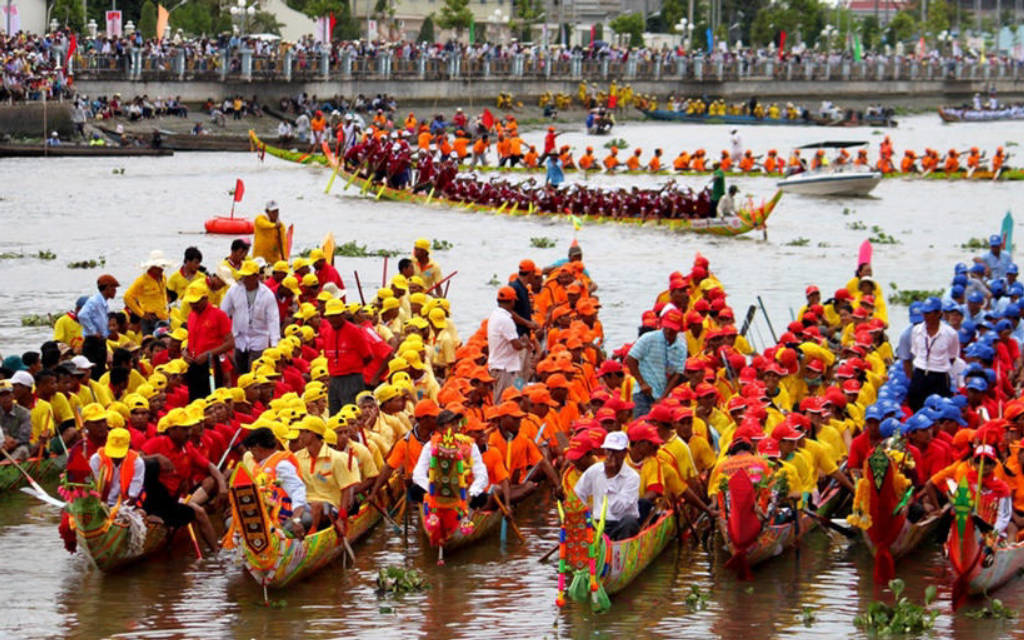
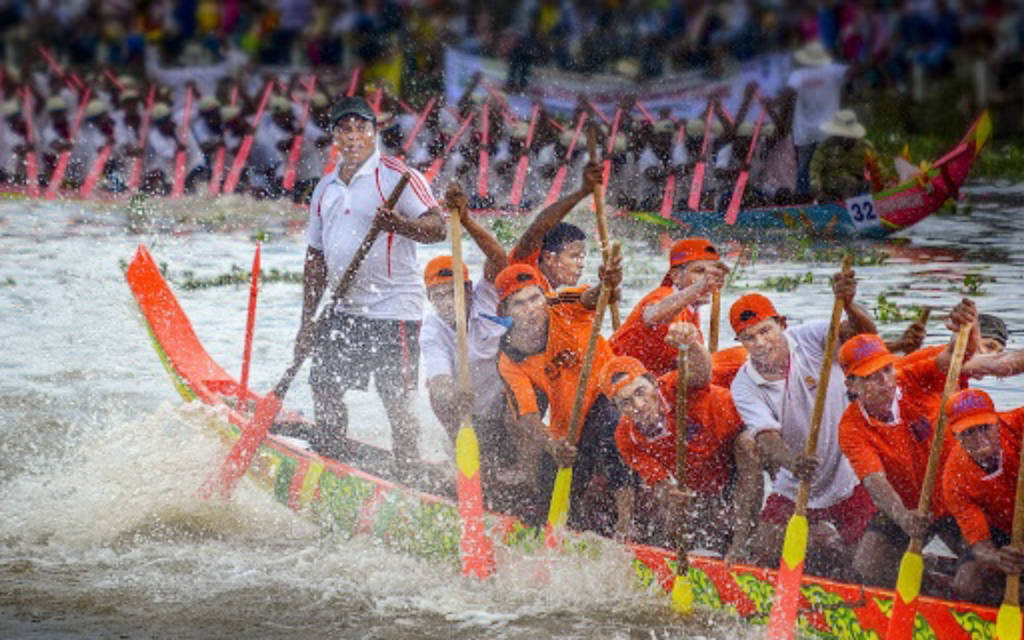
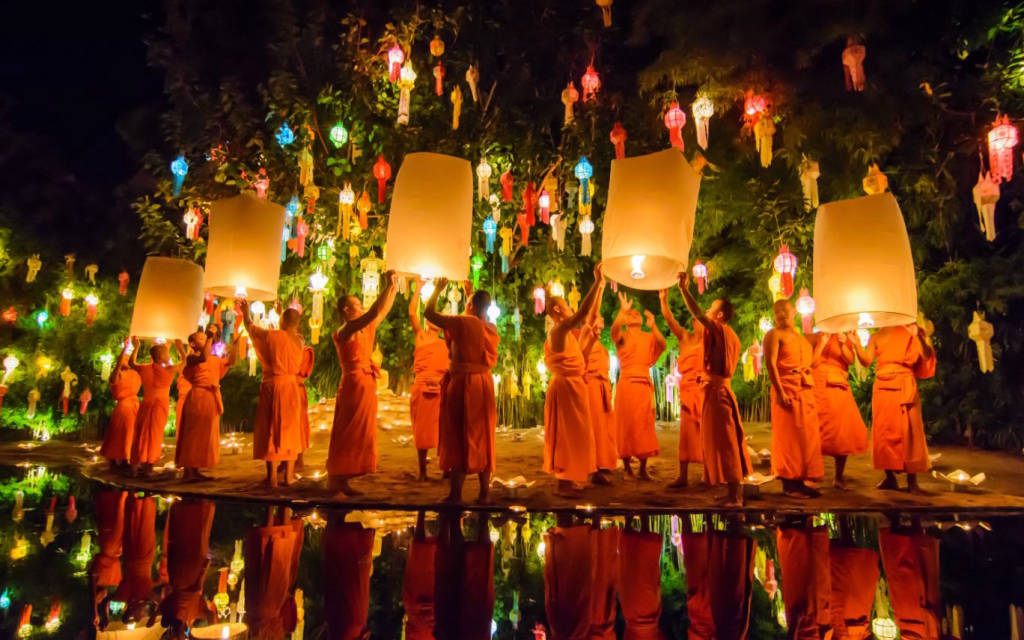
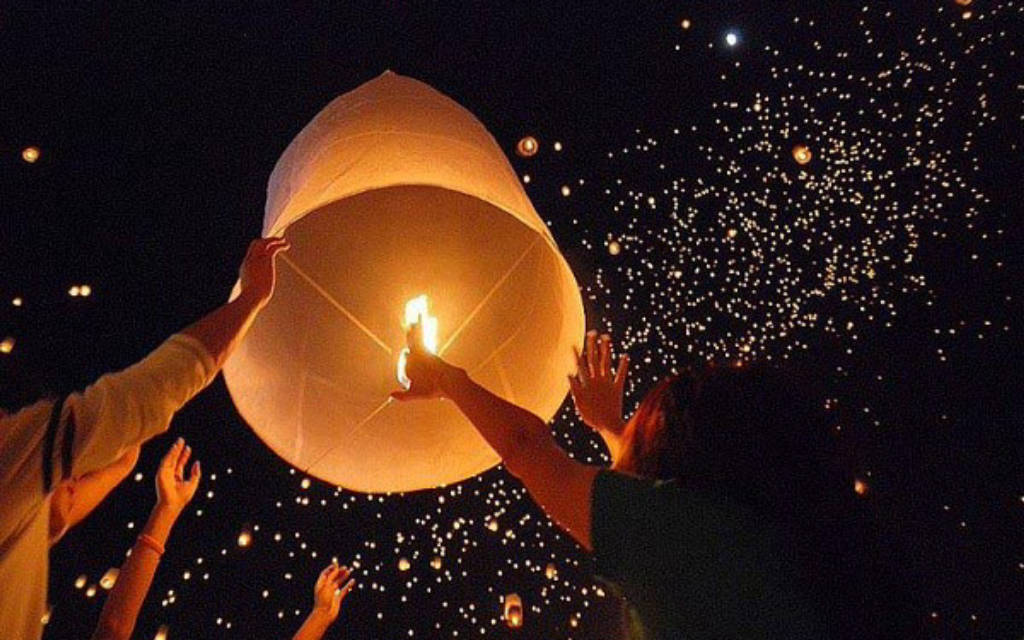
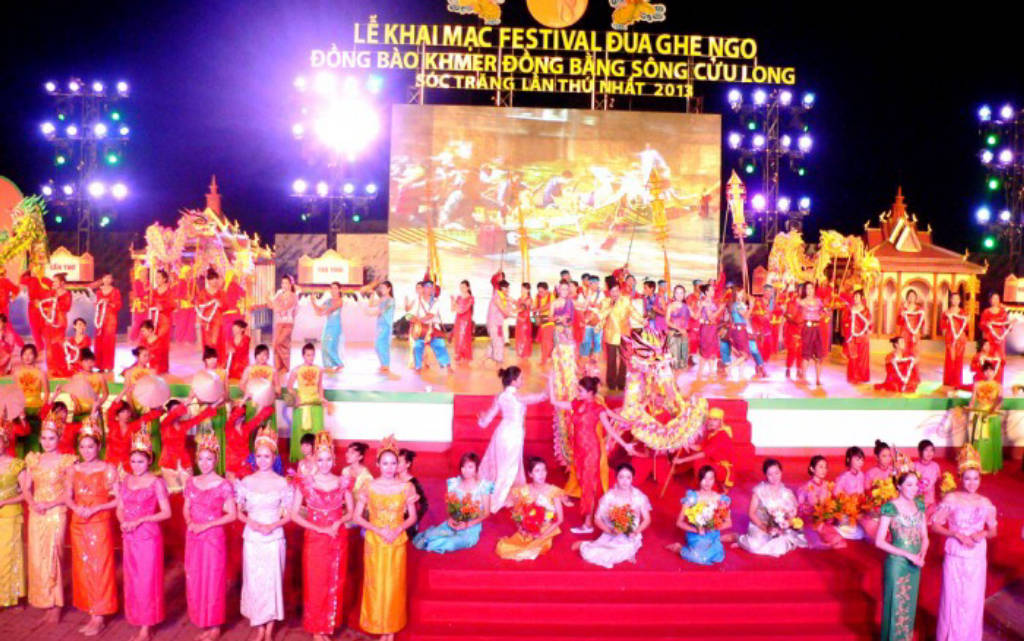
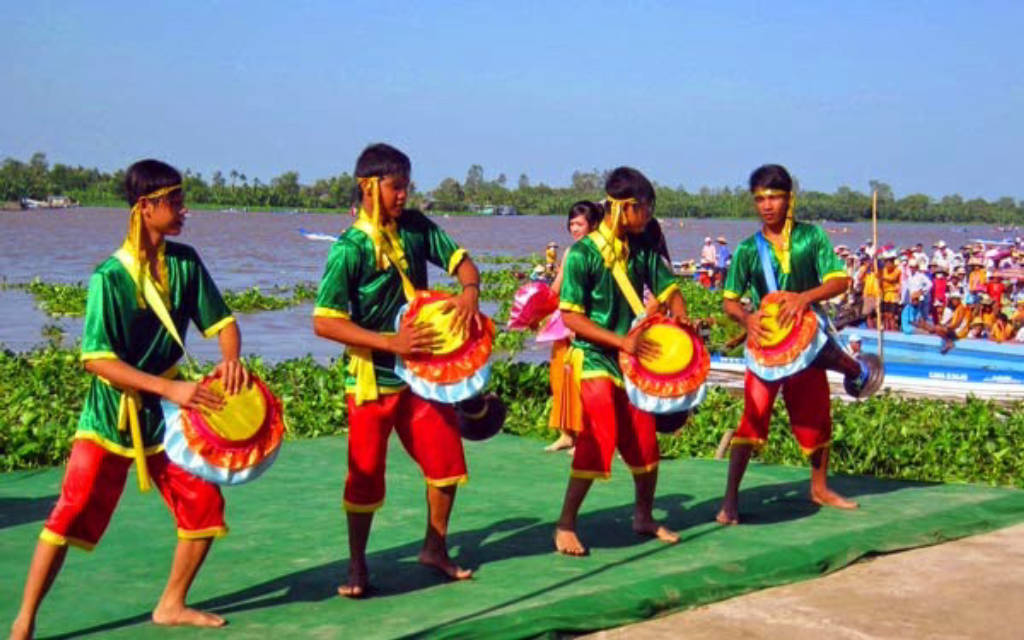






 Kiên Giang, Thạnh Lộc, Tp. Rạch Giá, Kiên Giang, Việt Nam
Kiên Giang, Thạnh Lộc, Tp. Rạch Giá, Kiên Giang, Việt Nam